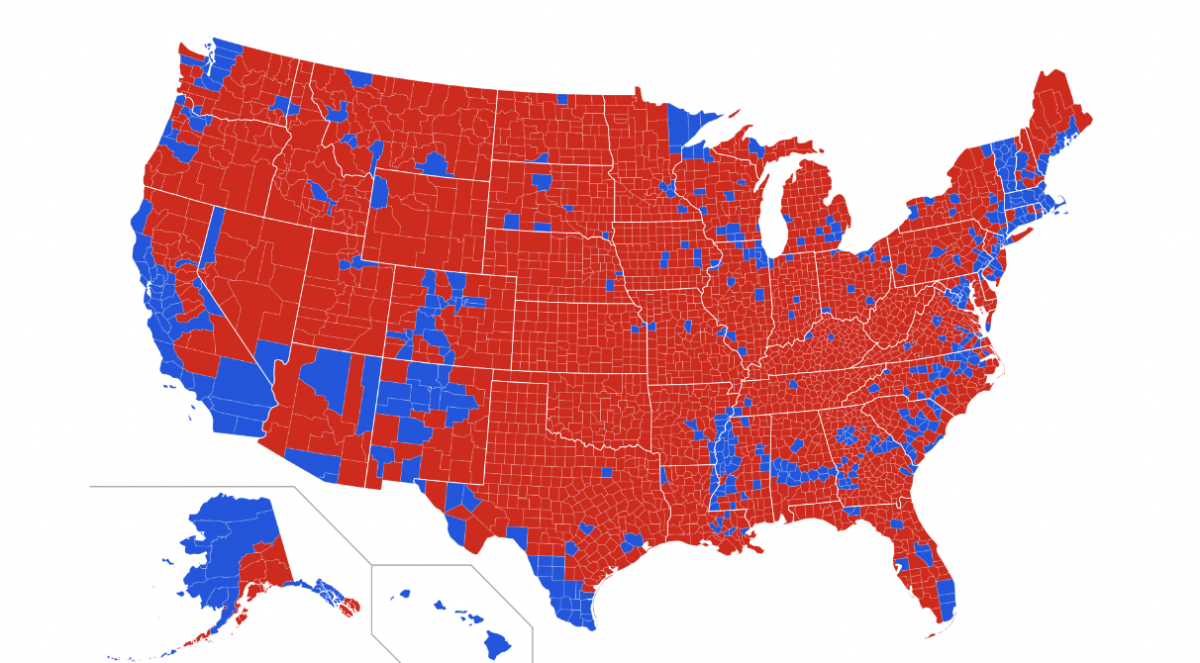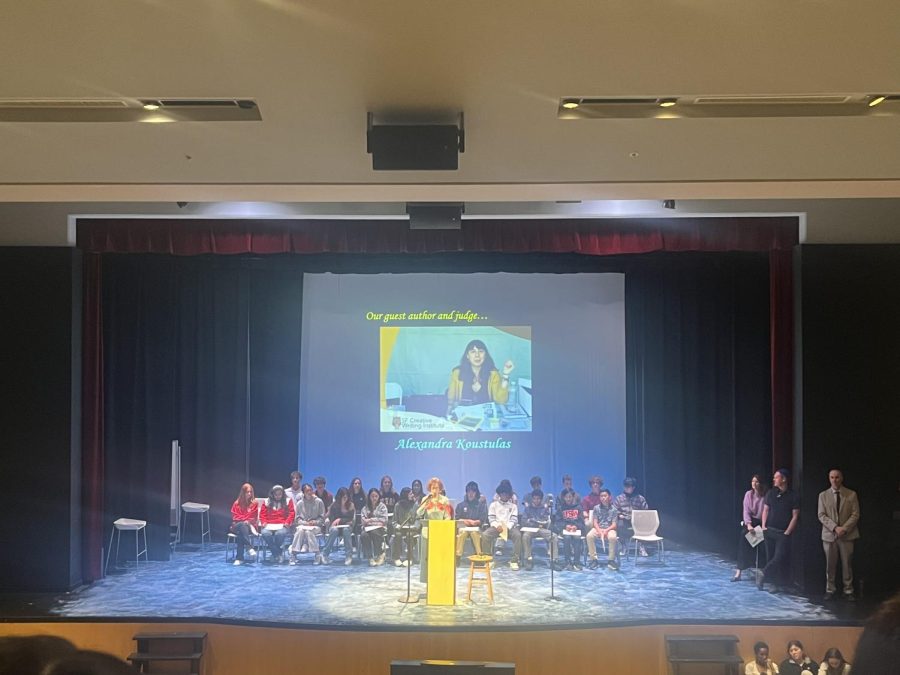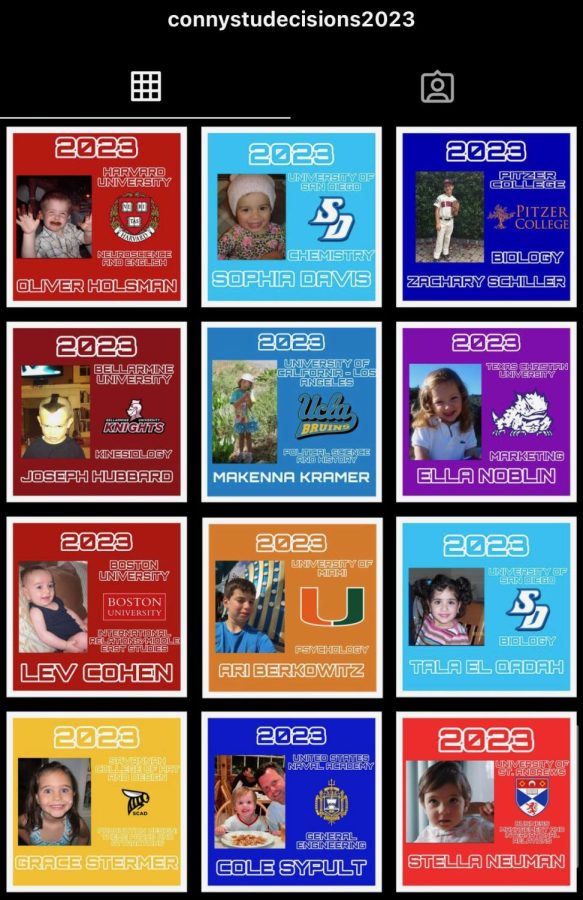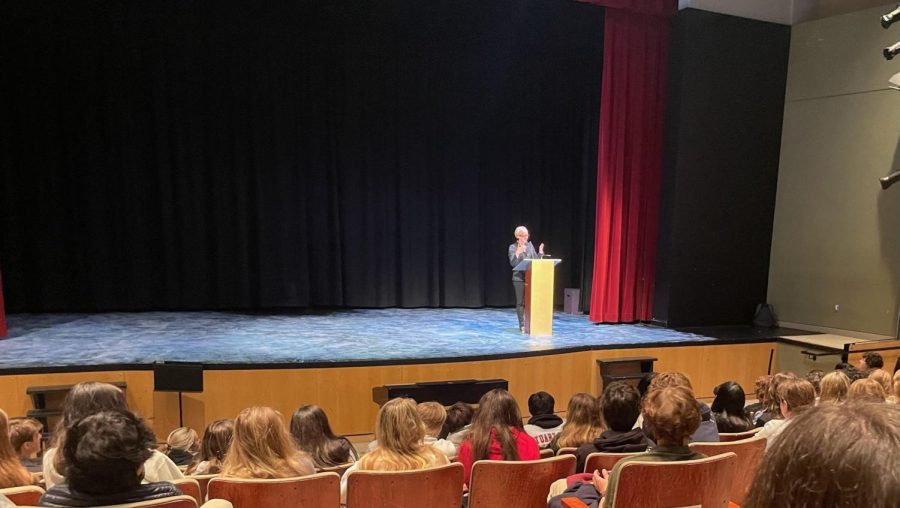Sara Kloepfer
Managing Editor
“Ask me anything.” The seemingly innocuous phrase graces every Formspring profile, inviting visitors to anonymously ask questions for others to publicly answer. Such a simple direction creates a complex problem as questions become statements and curiosity turns malicious.
Glancing at several student Formsprings reveals a range of “questions” — from “You’re ugly” and “No one likes you” to “When did you lose your virginity?” and “Were you drunk at the dance?” The most eyebrow-raising aspect is students actually answer these questions, rather than ignoring or reporting inappropriate posts.
“If someone answers something that they shouldn’t have answered, I do judge them,” sophomore Yun Ji Kim-Bertken said. “If they tell the world about things that are way too personal, I think that says something about them, maybe more than what their answer says.”
Kim-Bertken says she usually replies to inappropriate questions with “It’s none of your business.” Her Formspring account is less than a year old, and she has already deactivated it once due to cyberbullying.
“You can put super hurtful things on Formspring that you probably wouldn’t be able to say to their face, but you can to a screen,” Kim-Bertken said.
Cyberbullying has been a prevalent problem recently, Formspring is just the newest outlet in the viral grape vine. Unlike Facebook, which requires users to be “friends” before viewing information, Formspring is a social media free-for-all — anyone who knows a user’s URL link can view all their questions and answers.
“My impression of Formspring is that what little privacy site like Facebook affords goes out the window,” Head of School Andrea Shurley said. “I first heard of [Formspring] from another administrator and since then it has popped up in conversations with adults concerning things that have been posted on student’s pages.”
Although the Schools of the Sacred Heart’s Acceptable Use policy restricts students from using school computers or the network for illegal activity, Leonard Law, California Educ. Code Sec. 94367, prohibits private schools from “making or enforcing any rule that would subject a student to disciplinary action for engaging in expression, on or off campus, that would be protected by the First Amendment or the California Constitution’s free expression provision if it occurred off campus.”
“I’m concerned with students posting inappropriate and unfortunate content,” Shurley said. “They are exposing themselves and there’s nothing stopping not only another student but me or a parent from looking at their page.”
Although many faculty are concerned with the representation of members of the school community online, there is generally no monitoring of students’ online activity.
“None of us teachers has the spare time to browse Formspring accounts,” Shurley said. “Any time we look at it is when something has been brought to our attention. Every time I am directed to students’ Formsprings, it’s always out of concern.”

Shurley considers any indication of harm to another student or references to any illegal activity as reason to take action.
“Rather than ‘punishment’ I prefer the word ‘consequences,’” Shurley said. “I view it as a strength that as a private school we are able to go down a different road with some of our students, but always with the hope of putting them back on the right track. It may feel intrusive but it’s our responsibility.”
Even Formspring’s Privacy Policy encourages users to use discretion when choosing what information to disclose on the site. Although the default setting is public, users can change their settings to private, meaning the user controls who can view their profile. Counselor Lucy Garcia agrees that students should think before they post.
“I don’t have to be your ‘friend’ and I can go into your life and know intimate details,” Garcia said. “You have to ask yourself, what are my boundaries? We are not talking about secrets here, but privacy. Who do you want inside those boundaries? From seventh grade, when most of this stuff starts, to senior year in high school, we’ve polished our boundaries.”
This perhaps explains why Formspring, which is only a year old, is primarily the domain of underclassmen.
“I think it’s more popular with underclassmen because it’s immature,” sophomore Cassidy Lewallen said. “Upperclassmen probably have more important things to do.”
Senior Sophie De Lancie calls Formspring an “added distraction,” but also says she does not see the appeal.
“It creates an environment for hurtful messages, so to me it’s pointless because it does more harm than good,” De Lancie said.
Lewallen says despite the rude messages she sometimes receives, she does not take Formspring too seriously.
“I think some people who have a Formspring can’t handle it and take every question or comment personally,” Lewallen said. “People get a lot of mean comments so I think it can hurt someone’s self-esteem in that way. I guess I have been bullied on Formspring before. But it’s just some anonymous person who doesn’t like me so it doesn’t really bother me.”
Receiving anonymous questions on Formspring is optional. Formspring’s Privacy Policy states anonymity “can be useful if you’re feeling shy or think that the recipient would be more comfortable answering an anonymous question. Anonymity should never be used to ask questions that are mean or hurtful.” However, this is not the case.
“You can find a lot [of gossip on Formspring],” Lewallen said. “That’s really all it is. Half of it’s true and the other half is crazy rumors.”
Shurley says the way students handle these rumors is key. Answering with a joke, although clear to those who know the person, looks very different in black-and-white.
“If a student got in trouble for an inappropriate answer that was actually sarcasm, that scenario would be an unfortunately painful lesson,” Shurley said. “The well-placed emoticon can save a lot of that ambiguity. It’s important to remember the winky face.”
When dealing with bullying, Shurley encourages students to approach an adult. Formspring’s Privacy Policy also suggests blocking the user. Garcia says that any rebuttal will simply encourage the bully.
“When somebody’s coming at you there’s tremendous power in being able to let that pass by you,” Garcia said. “Do not engage. Do not defend.”
Garcia continued to say that students would not be as susceptible to this bullying if they did not open themselves up on Formspring.
“If people don’t want to be made fun of, they shouldn’t have a Formspring,” freshman Alyssa Viscio said.
Garcia wonders why teenagers have Formsprings, and credits it in part to the social pressures of high school.
“We all like attention and being popular, and we all want to belong,” Garcia said.
The desire to fit in comes at a price. Not only is a reputation within school at stake, but a user’s personal information can be sold, and her website activity tracked, all through Formspring. The site can even report posts they consider to be “illegal, unethical, inappropriate or legally actionable.” Once information is online, it is not easily deleted.
“Remember that nothing is truly private online,” Shurley said. “I would hope our students are doing a little self-reflection and asking themselves what they are getting out of it.”















